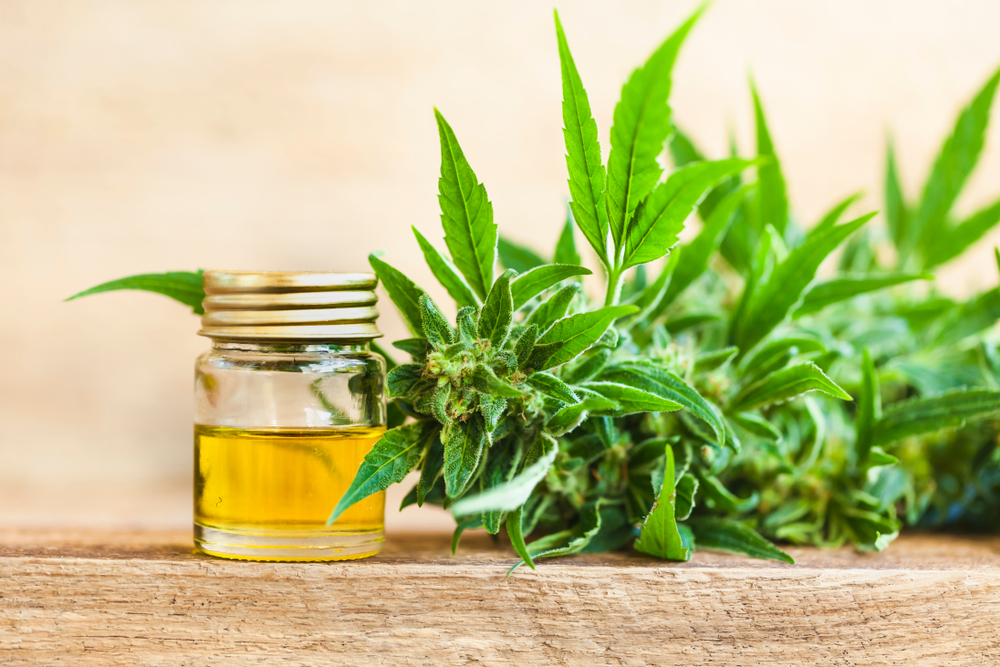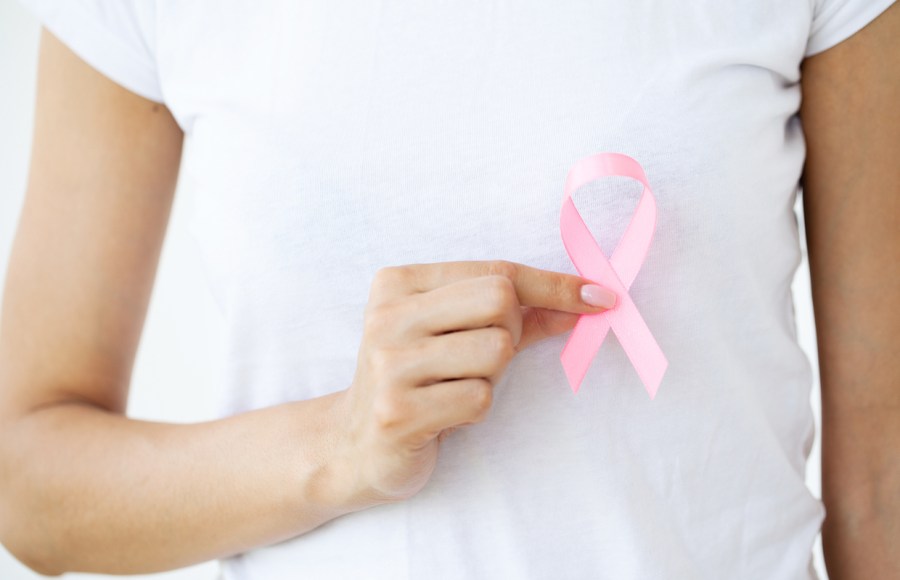A groundbreaking study involving cannabis and medicinal mushrooms offers new hope for those affected by breast cancer, says our CBD expert Ruby Deevoy…
Around 150 new breast cancer cases are diagnosed in Britain every day, according to Cancer Research UK. This makes it the most common cancer that also accounts for the highest number of cancer deaths worldwide.
Currently, NHS treatments include surgery to remove the tumour, radiotherapy and chemotherapy. Aside from being invasive with a raft of unpleasant side effects, all of these treatments are expensive and require solid infrastructure. Therefore, this leaves many patients around the world unable to access these options.
However, results from a recent trial offers new hope for breast cancer victims. This is in the form of a natural and affordable treatment that has been shown to kill nearly 100 per cent of HER2-positive cancer cells.
‘Unlike other treatment available, this potent combination has the potential to kill these particularly aggressive cells via multiple pathways.’
An independent pharmaceutical testing laboratory, BIOENSIS, conducted a pre-clinical study. The results showed that the unique blend of cannabis and medicinal (non-psilocybin) mushrooms brought together by UK-based pharmaceutical company, Apollon, and Canadian pharmaceutical company, Aion Therapeutic Inc, has the potential to obliterate HER2-positive breast cancer cells. These make up around 20 percent of all breast cancers.
To put that into context, approximately 68 per cent of breast cancer therapies currently sold target HER2 or CDK 4/6 cells.

Cannabis and medicinal mushrooms: a potent combination for breast cancer
Unlike other treatments available, this potent combination has the potential to kill these particularly aggressive cells via multiple pathways.
When tested separately, Apollon Jamaica’s medical cannabis formulations were found to kill the cancer cells directly (direct cytotoxicity). On the other hand, the medical mushroom formulation, produced by Aion, proved remarkable the immune system’s T-cell production to attack and kill HER2-positive cancer cells and through macrophage-induced phagocytosis. Immune cells often use this process to destroy a virus or infection.
The cannabis formulation contains a range of well-studied ‘cannabinoids’ (molecules in the cannabis plant). Many of these are known to exert potent antitumour effects in a multitude of ways. This includes killing cancer cells directly.
And impressively, the medicinal mushroom formulation alone proved to have a similar effectiveness as monoclonal antibody treatment Trastuzumab. This is a HER2-directed therapy that doctors commonly prescribe for breast, oesophageal and stomach cancer. When both formulations were used together on 3D cell cultures, nearly 100 per cent of HER2-positive breast cancer cells were wiped out.
‘Cannabinoids have been seen to exert “antitumour”’ effects by a number of different means. This includes killing cancer cells directly as well as inhibiting transformed cell growth and tumour metastasis,’ says Stephen D Barnhill, CEO of Apollon.
‘We are excited our formulations have been validated via independent laboratory testing to kill HER2-positive breast cancer cells in 3D cell culture through direct cytotoxicity.’
History of medicinal cannabis
Cannabis has served as an effective treatment for millions of people worldwide for thousands of years. This makes it a vital part of human history and progression. Around 2700BCE, emperor Shen Nung, AKA “the Father of Chinese Medicine”, frequently prescribed marijuana tea. This was for the treatment of rheumatism, malaria, poor memory, gout and many more ailments.
In 207AD, Hua T’o became the first recorded physician to use cannabis to anaesthetise patients before surgery. By the early 18th century, most UK physicians prescribed cannabis and included it in their medical formulations.
Today, cannabis is legal for medicinal purposes in 36 US states. The UK also legalised the medical use of cannabis in November 2018. However, it remains a challenge for patients to gain access to it. The UN has also finally recognised cannabis as having undeniable medicinal benefits. This prompted its long-awaited removal from the same list as heroin.
What are the next steps in this research?
Aion and Apollon plan to collaborate and negotiate a joint licence agreement on their shared vision. They hope to make the formulation widely available. Further testing on human patients is soon to commence in Jamaica.
‘We intend to have Jamaican physicians begin treating patients who have HER2-positive breast cancer in Jamaica. Each company’s formulations can be available by physician prescription,’ says Stephen.
‘This will allow us to corroborate these exciting laboratory results by observing the results of treatment inhuman patients.’ The treatment will also be available to international medical tourists, who travel to Jamaica to seek access to this healthcare.







